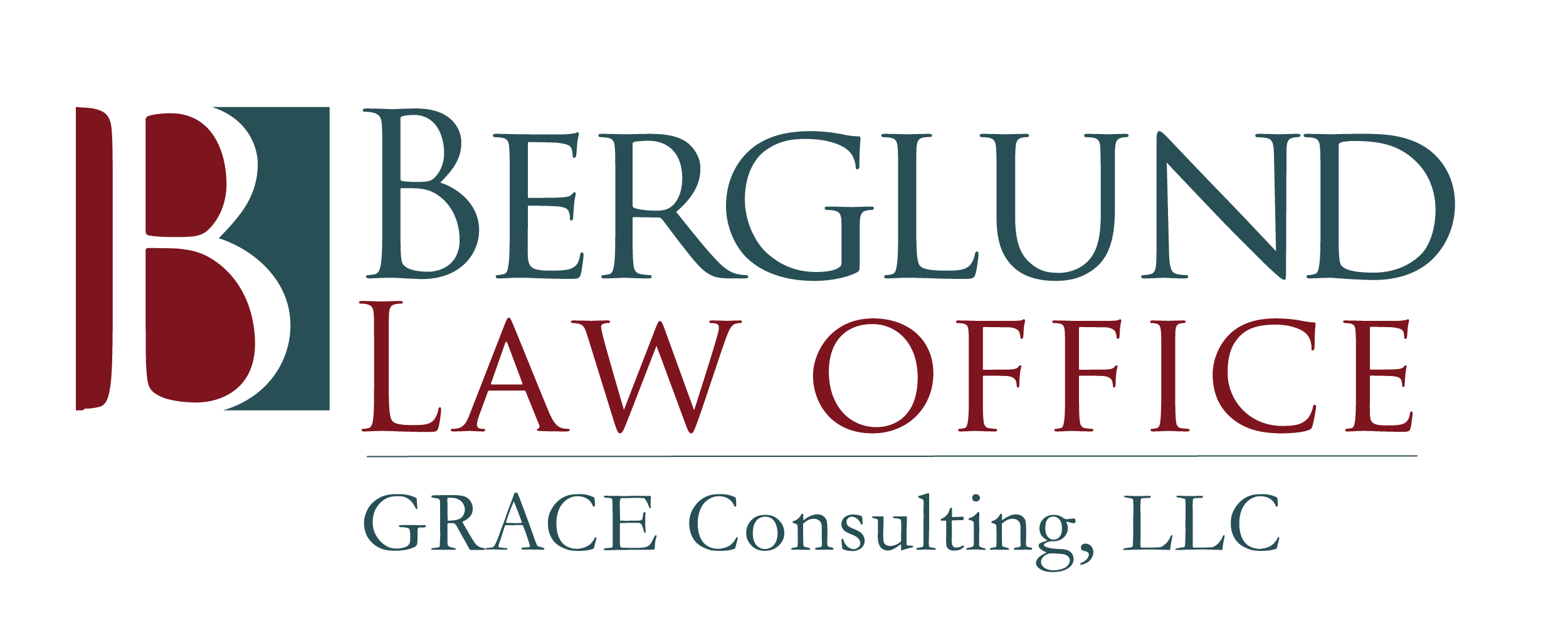
With most of my clients, after our initial telephone conference they set up an in person appointment and start gathering the information they will need for our more in depth “consultation number two”. Once again, it is very helpful if prospective clients purchase purchase (and read!) a copy of my new book “Minnesota Estate Planning” available for only $9.99 at Amazon.com before the meeting. The book contains an appendix which will help you collect the information about your assets, your family, and your desired beneficiaries and fiduciaries I will need to guide you in designing the estate plan that you need.

Based on the complexity of your estate, we will very likely recommend either a basic will or a revocable (living) trust as the cornerstone of your plan.
Remember that your will only dictates who will receive the assets you hold in your own name. Your other assets- called “non-probate assets” (such as your 401(k) account, “transfer on death” deeds and accounts, “pay on death” accounts and life insurance policies) — will be transferred to the beneficiaries you have named without the need for probate.
We can briefly discuss the probate process again and consider setting up a plan which will enable you to bypass the expensive, public and often lengthy probate process. The probate court filing fees and publication cost alone are averaging almost $700 in Minnesota these days!

We will discuss several other things, such as the following:
- Whether you need to appoint a guardian for your (minor) children. Note: If you die without a will and you have minor children, the courts will determine who will take care of your children. The most important reason for having a will is that YOU can make this decision for yourself.
- Planning for your incapacity: You need to execute a “durable power of attorney” to authorize a family member or a trusted friend to oversee your finances, pay your bills and handle your financial accounts if you are no longer able to care for yourself. A “durable” POA allows your “attorney in fact” to act on your behalf even if you become incompetent. Once you die, however, the POA becomes null and void.
- Planning for health care decisions: Estate planning also means planning for illness and infirmity in your later years or in the event you encounter serious health problems. An “advanced directive” relating to your health care explains the sort of healthcare treatment that you would like to receive before your death. A proper estate plan includes a document that authorizes a family member or a trusted friend to care for you and make medical decisions for you—including possibly moving you into a nursing home– if you are no longer able to care for yourself.
